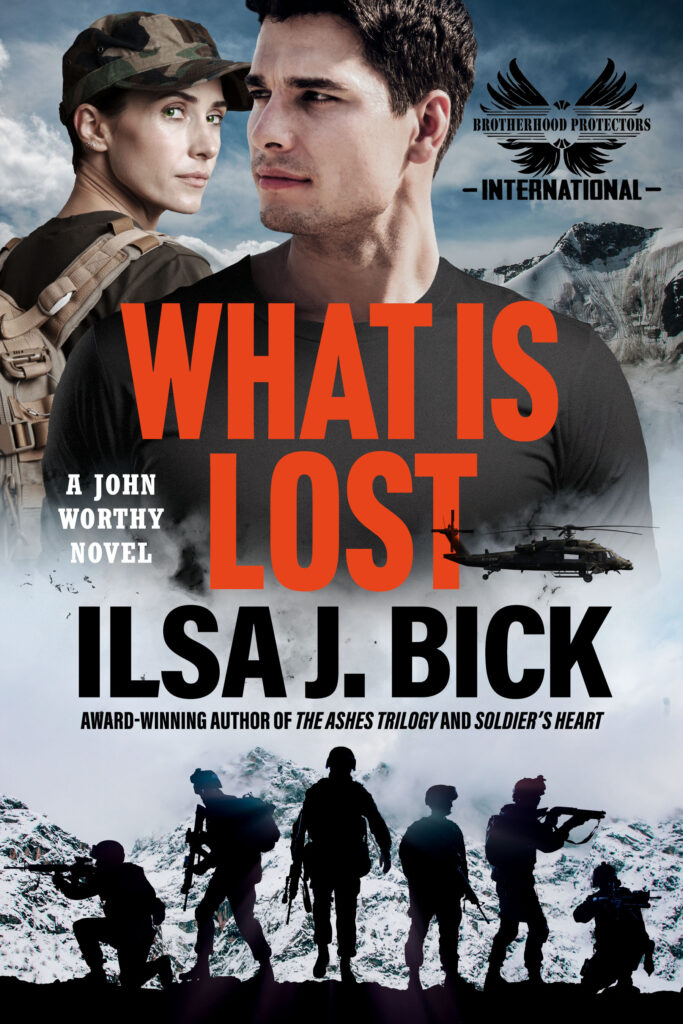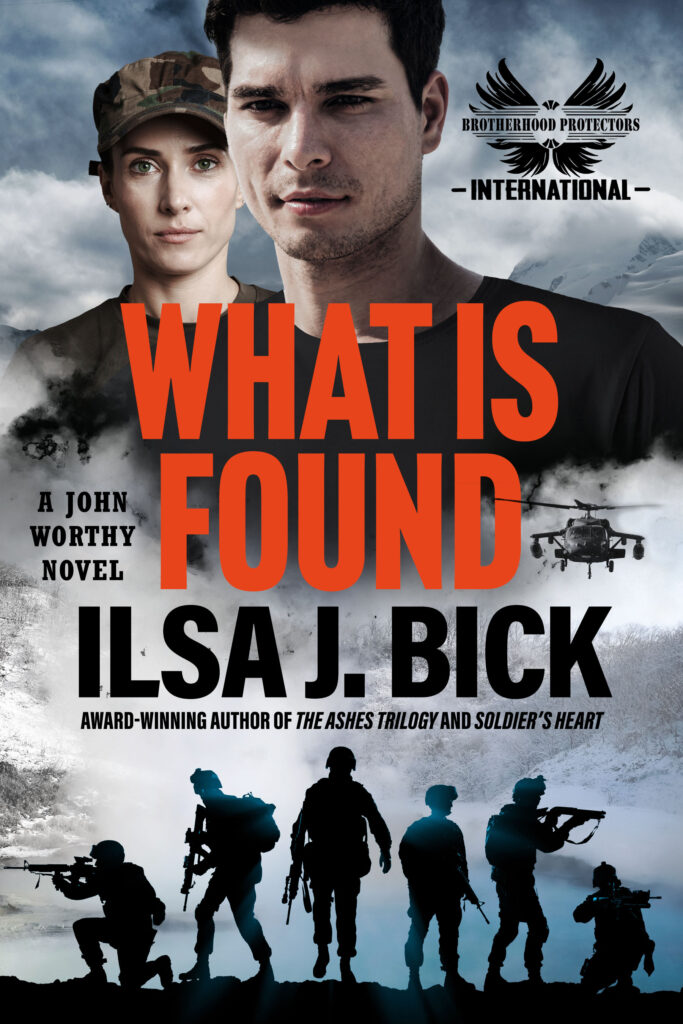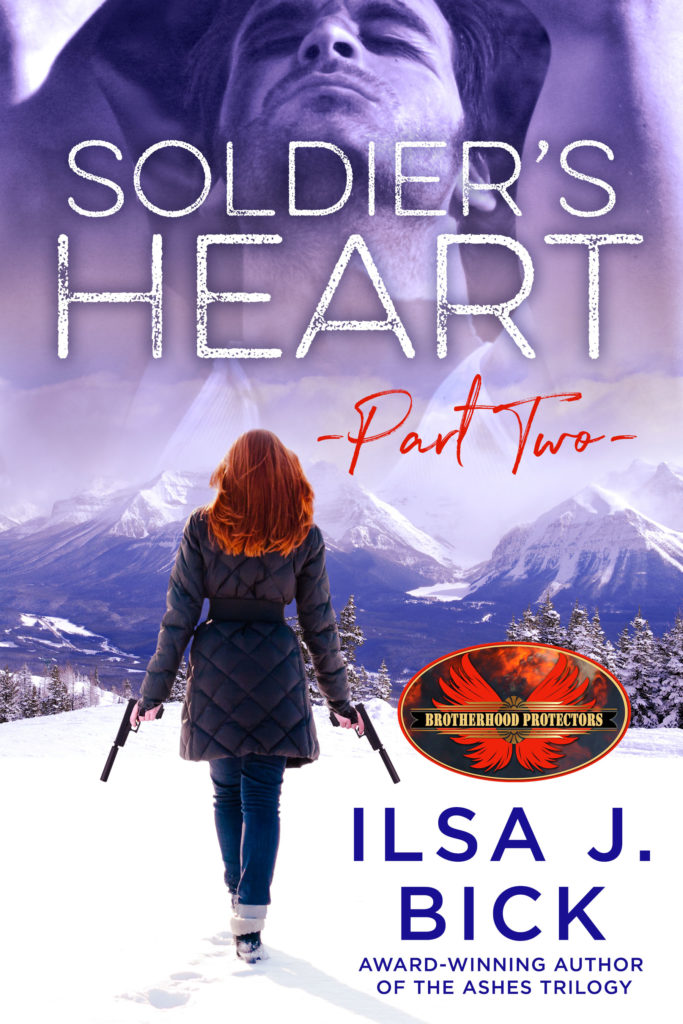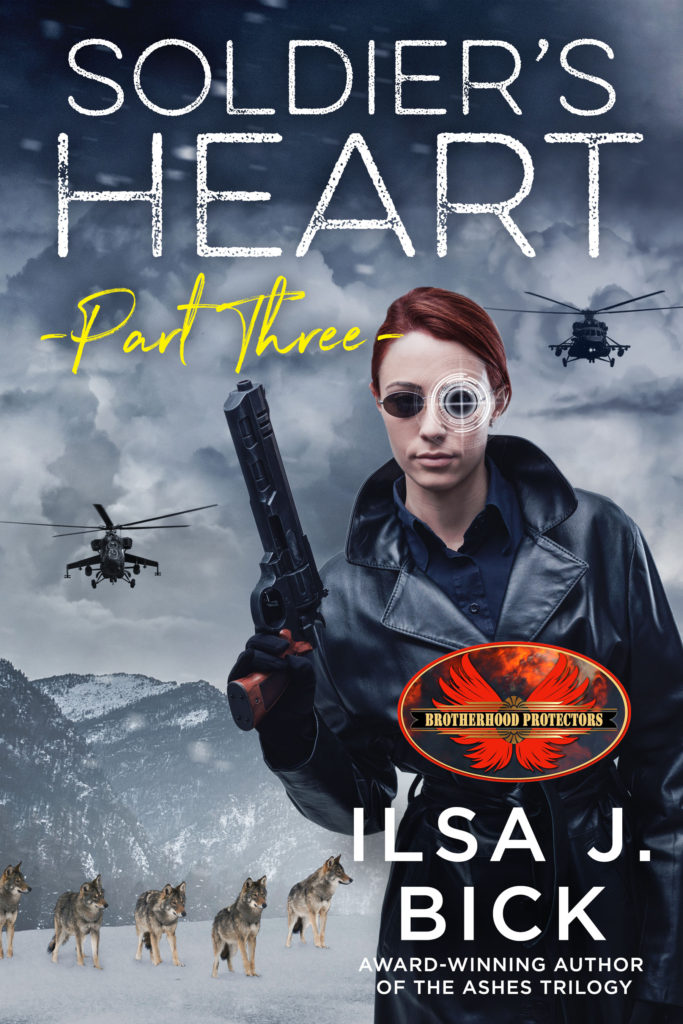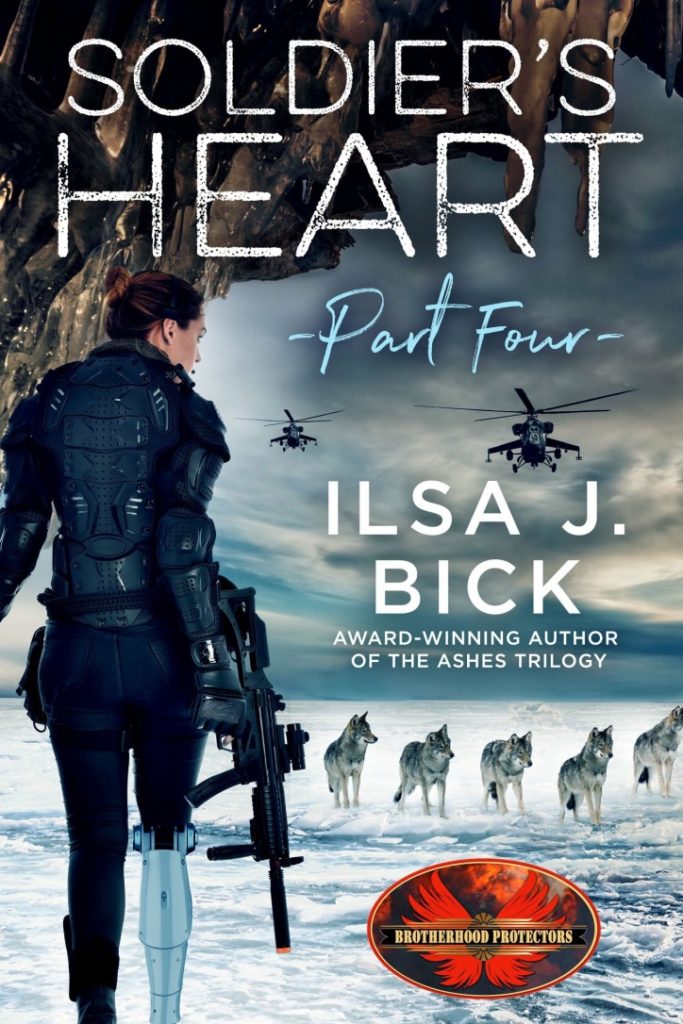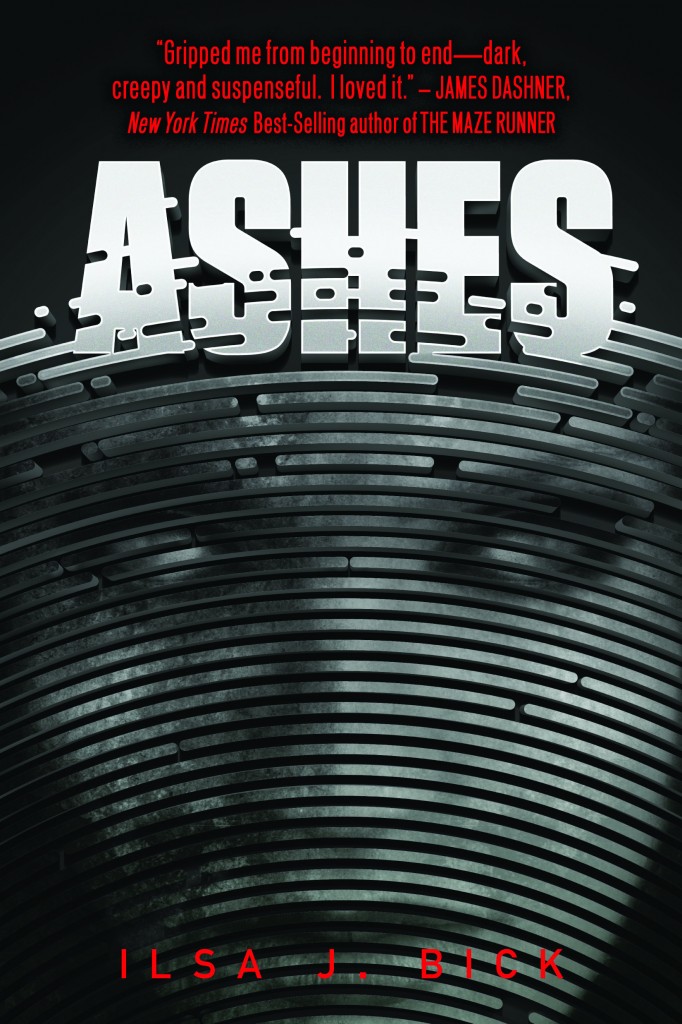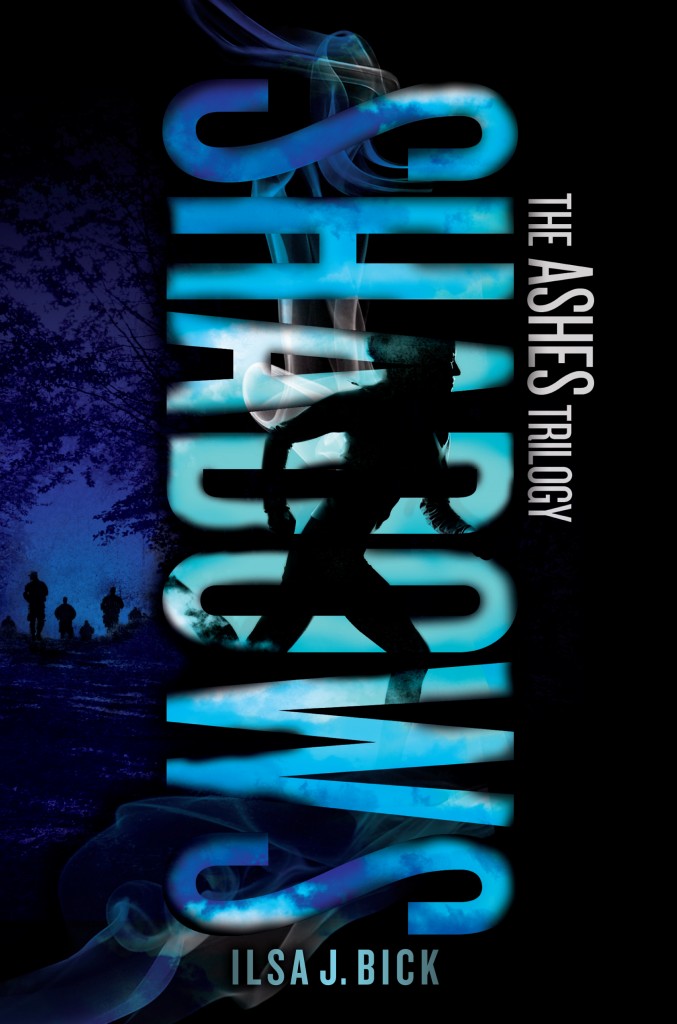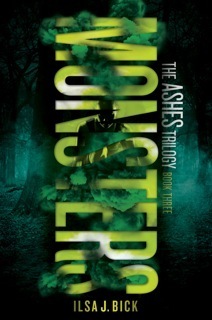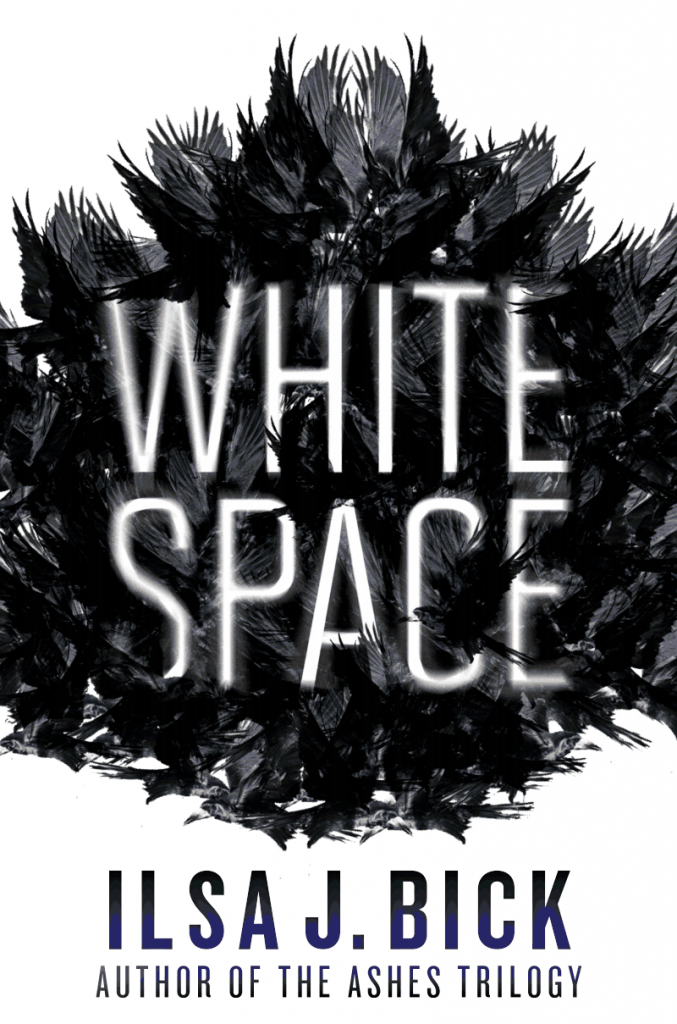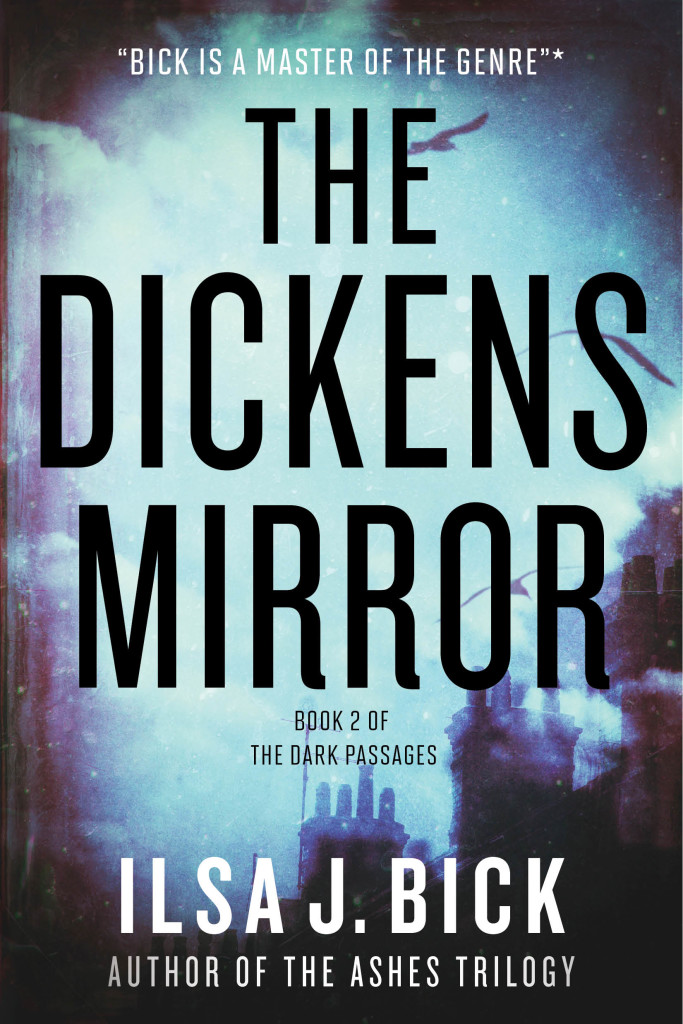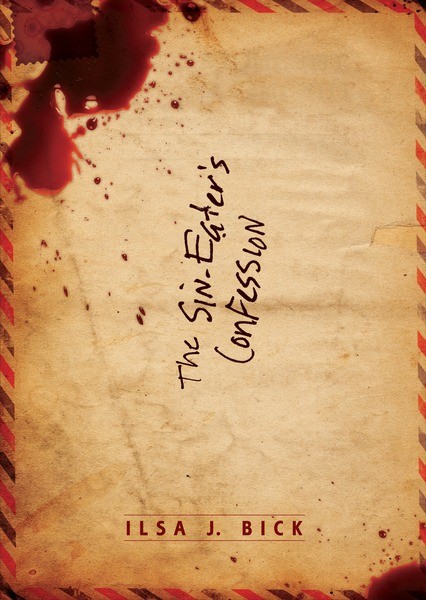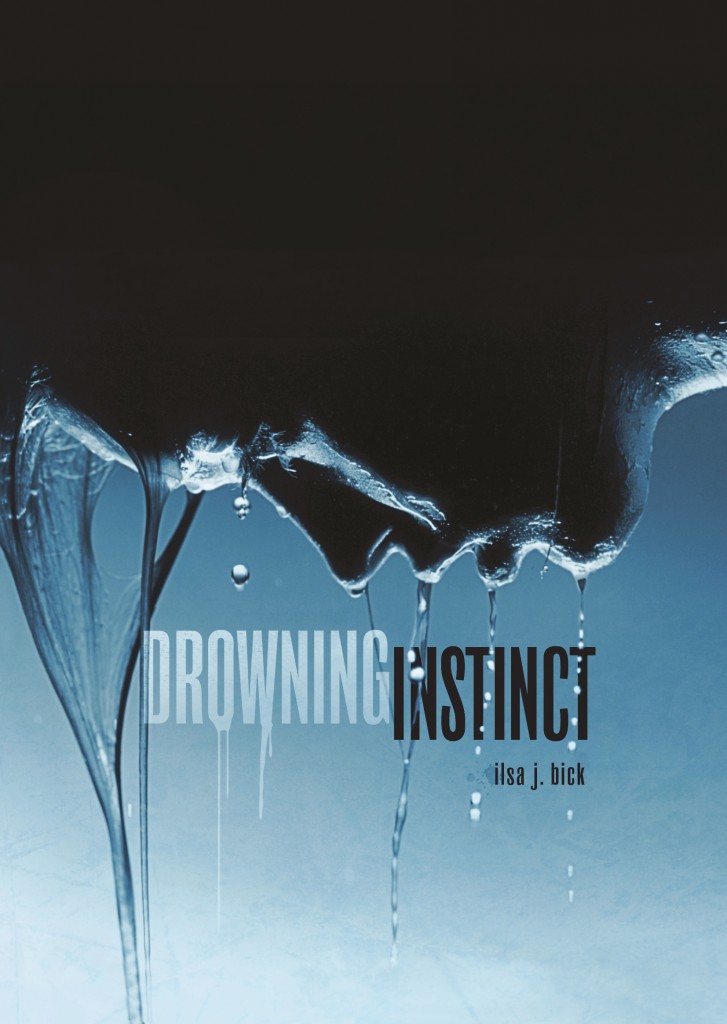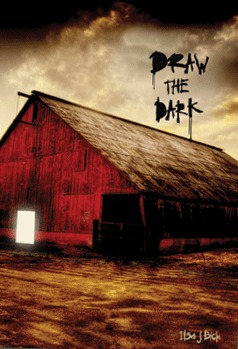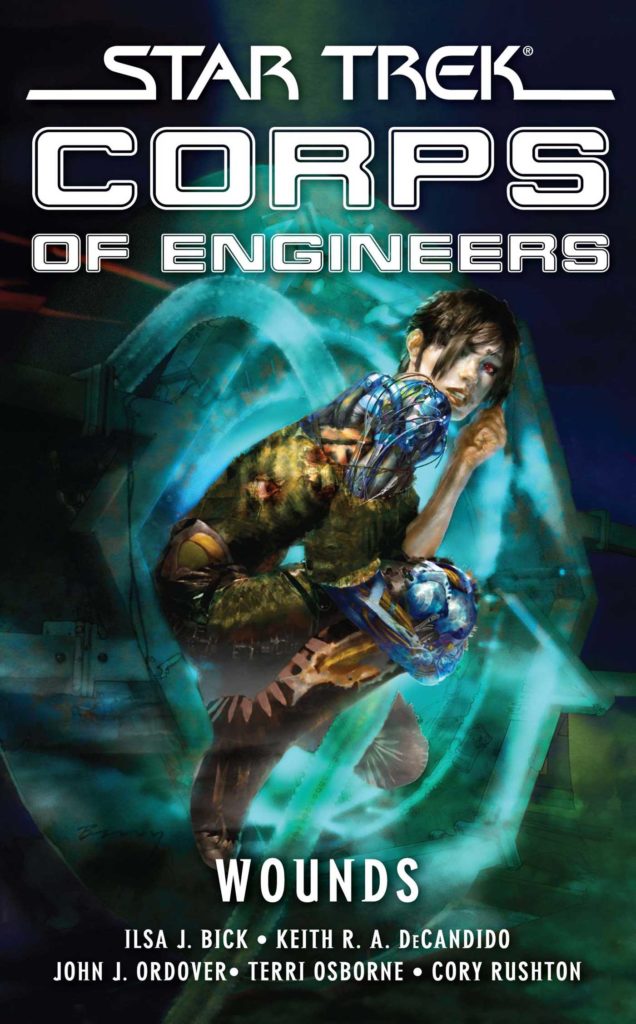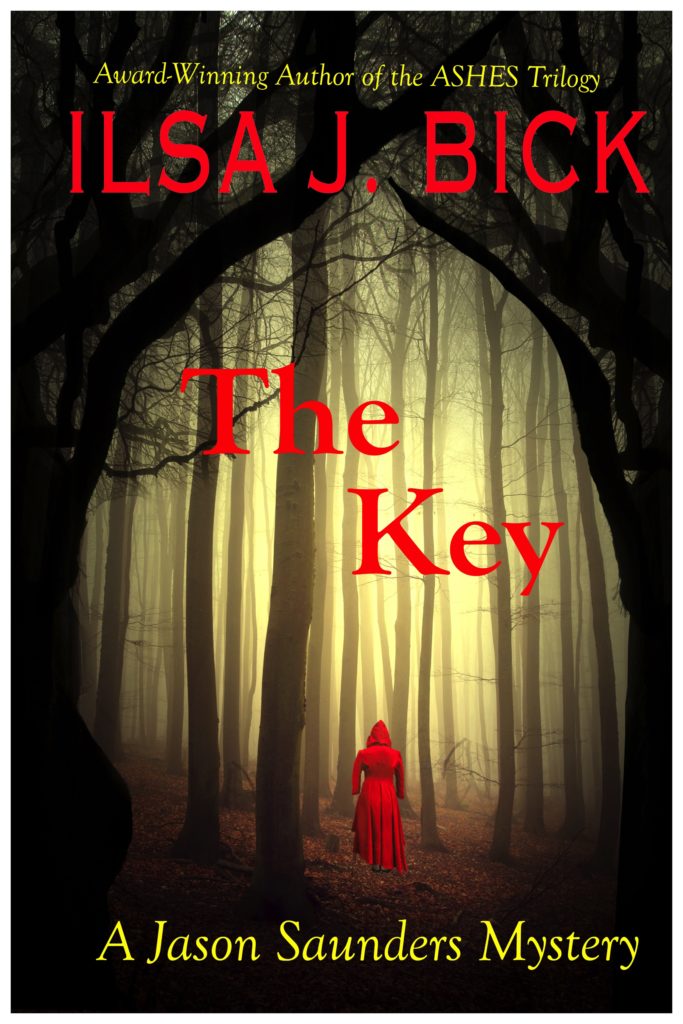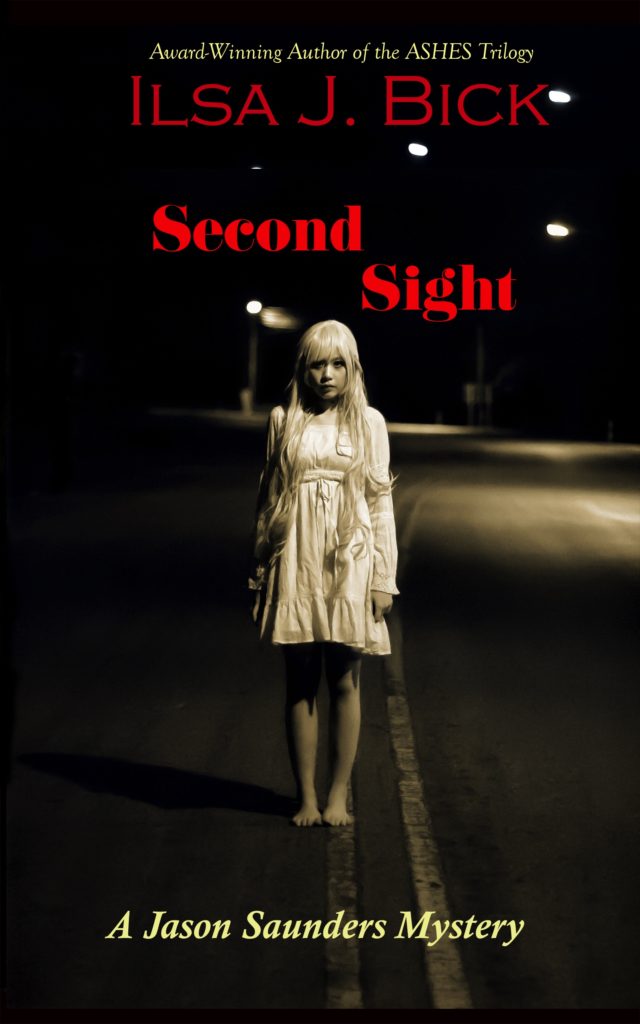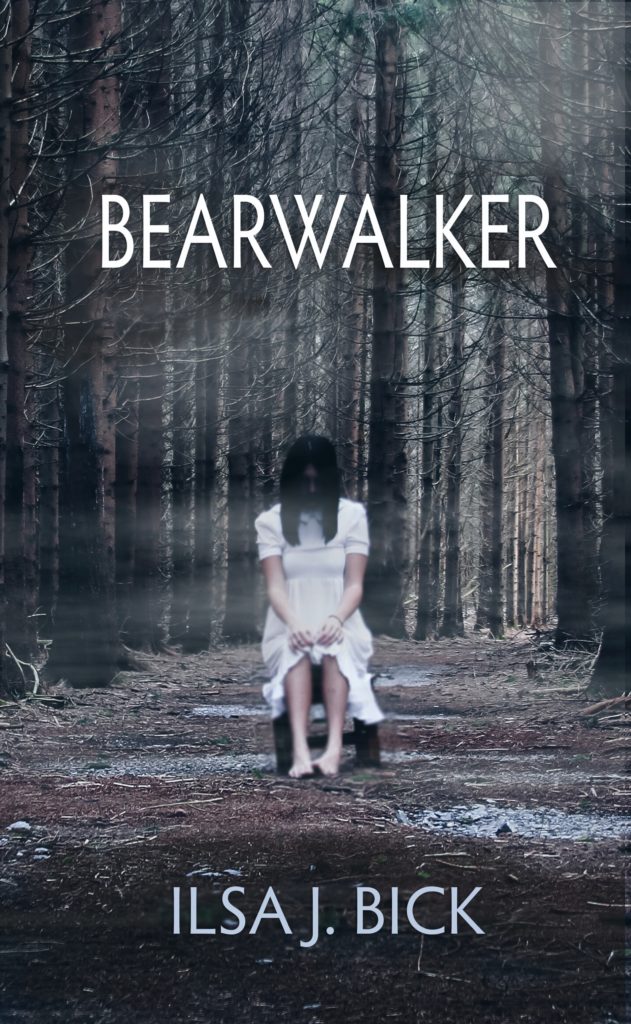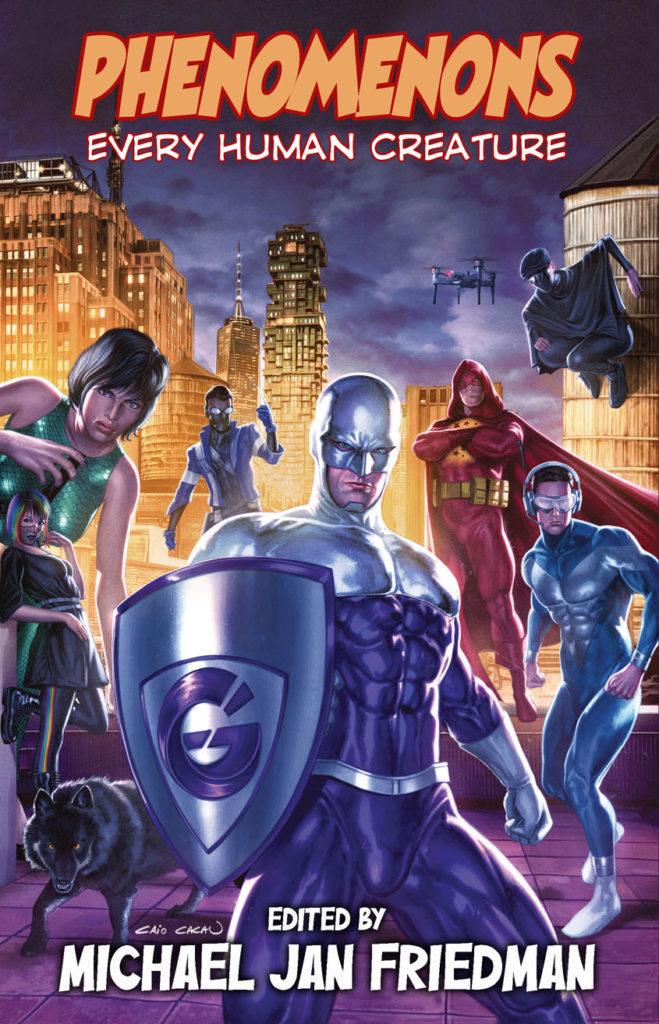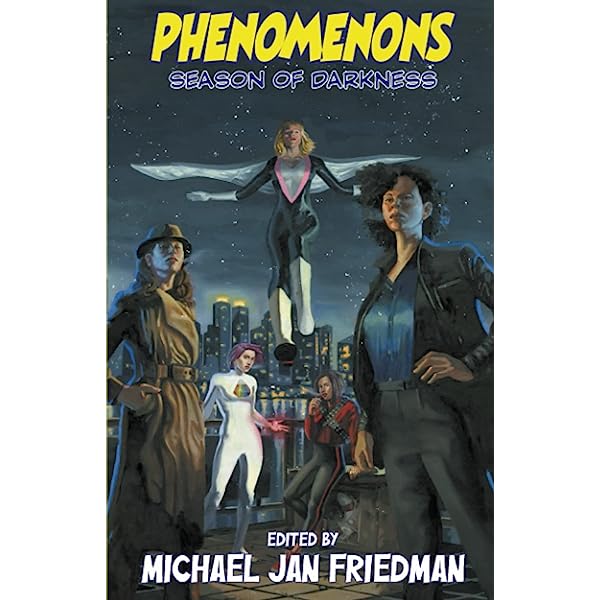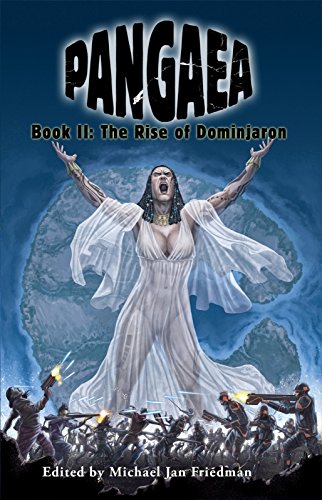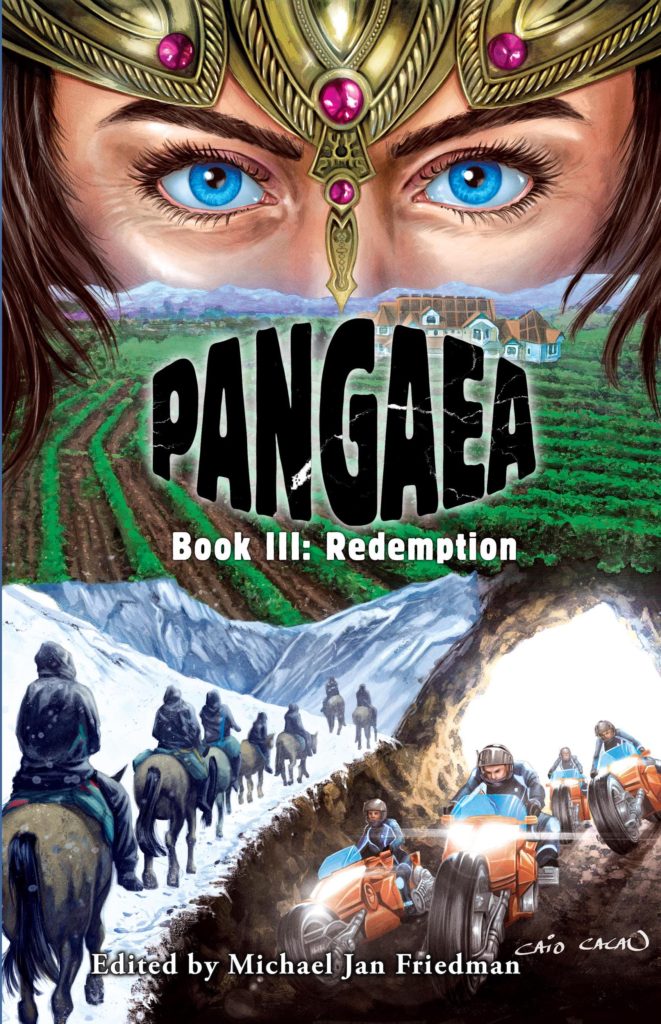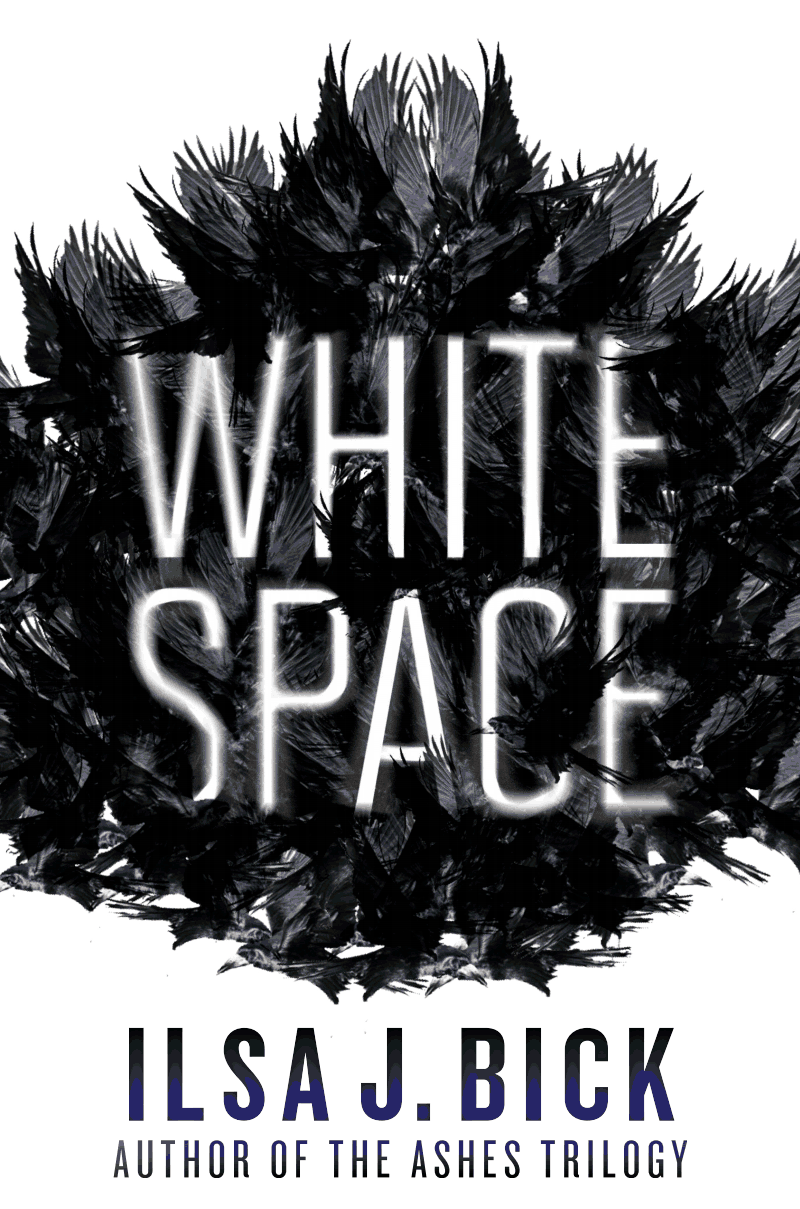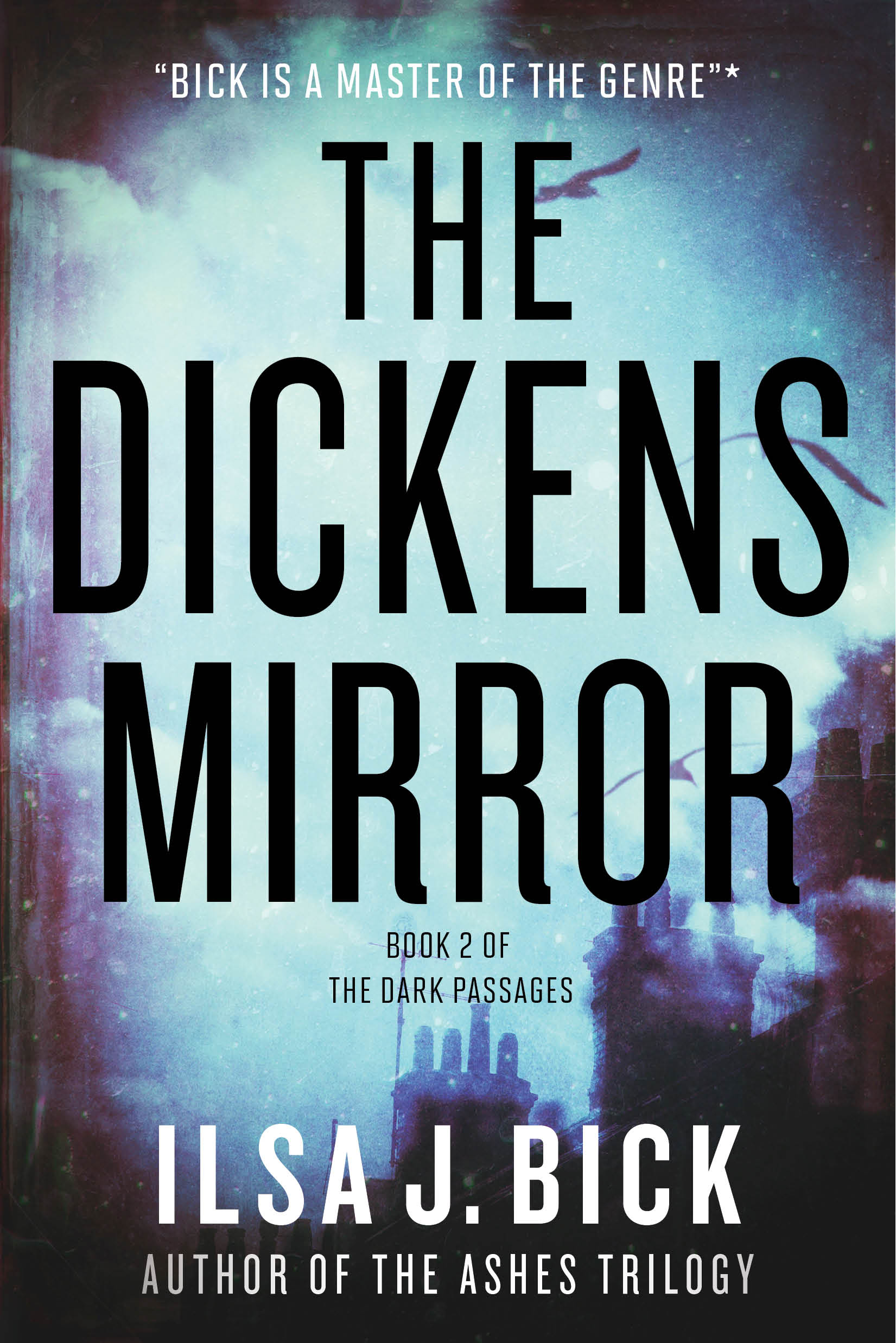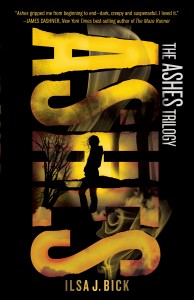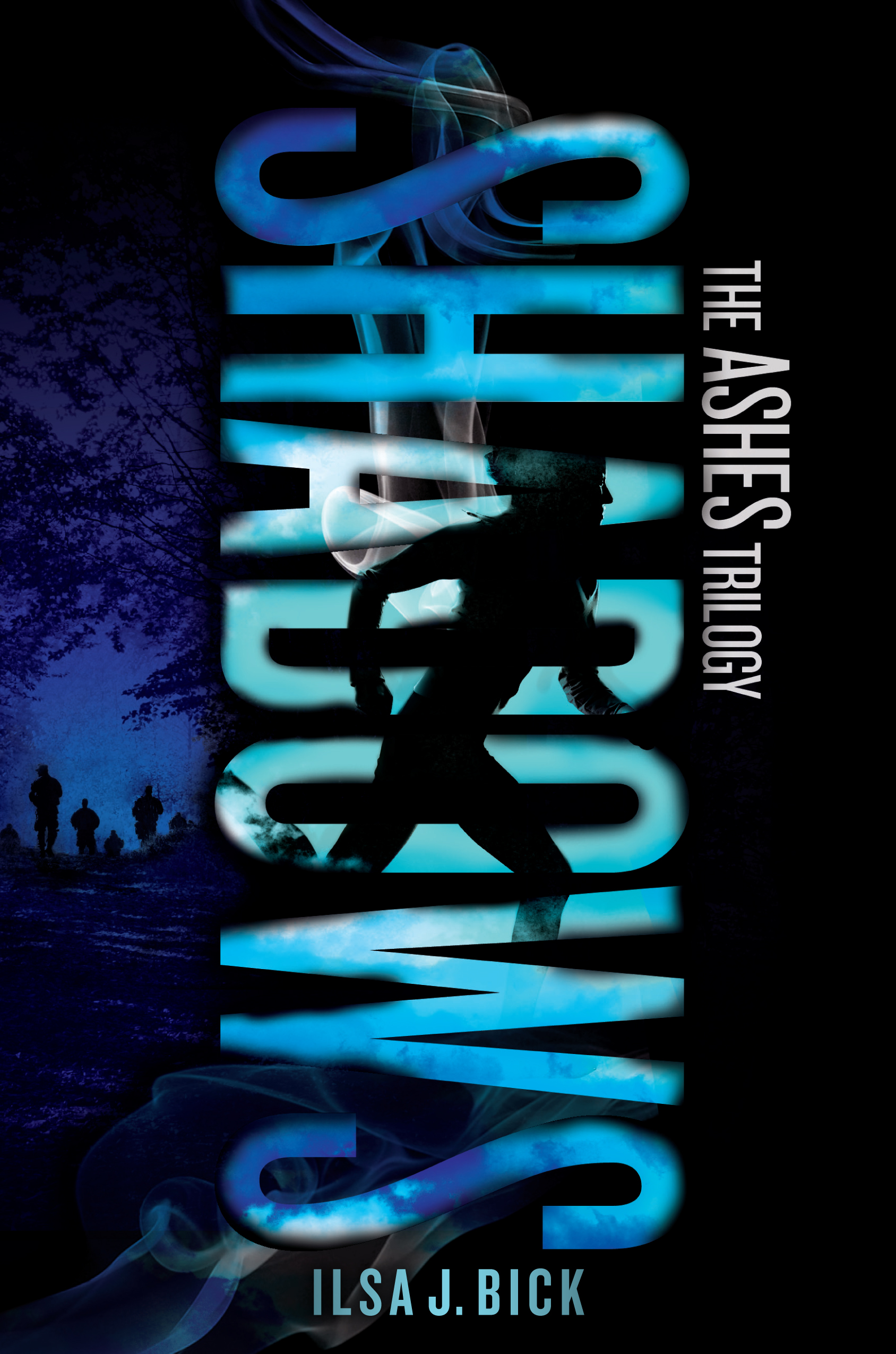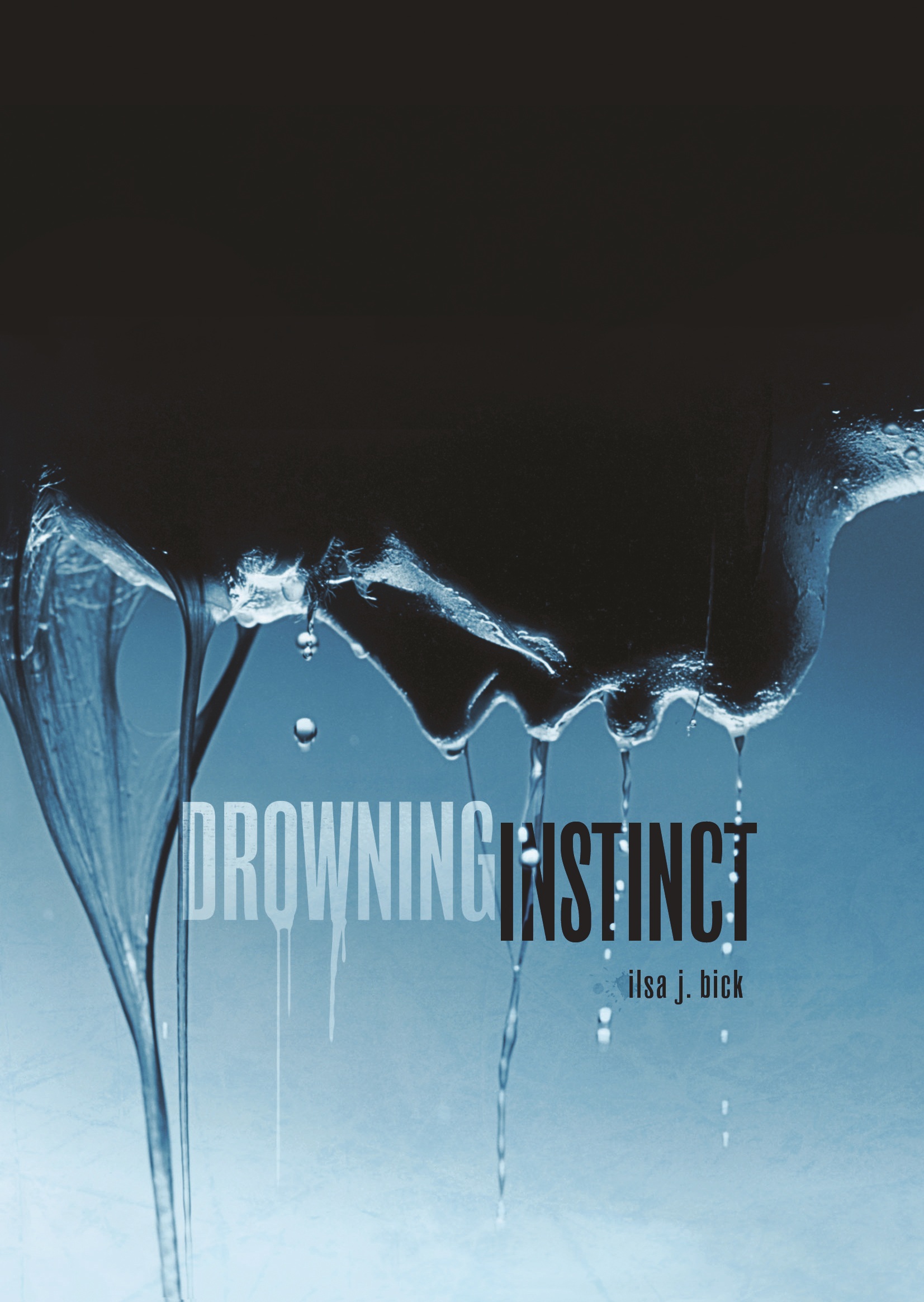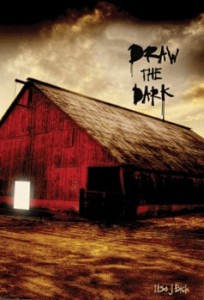And my apologies for the funky spacing of what follows: as my husband is fond of saying about computers, we live in their world–and mine is definitely orbiting Pluto…
* * *
Earlier this week, a blog on what I would call “trilogy-itis” appeared on YALSA’s The Hub. I think the author of the piece, Hannah Gómez, has some very valid points, although for me, most would apply to movies. (Red 2. Fast and Furious 4. IronMan 3. Die . . . Whatever. Seriously?) And even stringing folks along with endless sequels isn’t new; just think back to the old Saturday matinee serials, like Captain Marvel or The Perils of Pauline (which are, really, more legitimately considered continuations rather than sequels but go with it). Heck, if you want to blame someone for creating a recurring series character, go talk to Arthur Conan Doyle. Yes, pretty much each story was a standalone, but over time, reader familiarity bred an expectation of more of the same. Doyle didn’t bother to keep track of every detail, but his readers sure did and still do. That poor guy couldn’t get clear of Sherlock Holmes–and even so, Doyle’s embrace of a recurring character owes itself to a) Poe, a writer Doyle quite admired and who wrote two stories featuring the same detective and b) the well-established practice of novel serializations/installments, something Dickens and many other writers did because that was the industry back then. In a way, they had to; it’s how they made their living because they were paid by the word or installment. Dickens and Collins and their ilk were the pulp fiction writers of their day.
So, really, multiple parts to stories that stretch over long periods of time is nothing new (or even confined solely to literature). Serialization, continuations, and recurring characters are part and parcel of the mystery and thriller genres.
Anyway, I’d encourage you to read Gómez’s piece (it’s relatively brief). For those of you not so inclined, the gist of it all is that, in her opinion, there are just way too many trilogies out there these days–and, more importantly, not all of them seem justified. That is, the story being developed doesn’t seem to support or call for that much material and, by extension, an investment of time (and money) by her, the reader.
Okay, I can sort of see that in certain cases and, like I said, she raises some good points. (Tell the truth, did you really expect a sequel to the original Star Wars? The answer is no; the production company manufactured the need.) But I can also categorically say that three of her contentions are dead wrong. Of course, we’re only talking about my experience; I can’t vouch for other authors. But here’s where I take issue.
But I hasten to add that this is not the same as Ms. Gomez’s other point with which I take issue: that editors somehow wring three books out of authors whether they’re ready or not. No way; listen, an editor would be putting his job on the line if he pulled crap like that. Publishing houses spend money to acquire these things; people don’t realize the amount of work that goes into the production of even a single book. No editor’s going to pay a writer for a story that might turn out only half-assed or crappy. That’s ridiculous.
For me, if the ASHES story hadn’t supported or needed three books, I wouldn’t have agreed to write them (and, again,my ASHES editor had nothing to do with crafting or demanding or writing the story). In a way, that trilogy grew as I came to know and understand my characters–something that can only happen when you’ve got the luxury of time to let things spin out. I was so incredibly fortunate to have that time, too; I can’t tell you. These characters truly took on lives of their own. Now, I know I could tell more stories in that universe. I’ve got the rudiments of a fourth book in my head; I know where I’d go next. But for that series as a whole, I’ve done pretty much what I set out to do–and, as I said, even that changed over time.For me, I think the bottom line is that I write as much as the story requires. Sometimes that’s a standalone; sometimes that’s a trilogy and at other times, as with my forthcoming WHITE SPACE, that’s two books. Could I write more books in either the ASHES or DARK PASSAGES series? Sure. For example, I am only now beginning the WS sequel, and it’s possible that the ideas churning around in my head could expand and beg for a third book. Not planning on it–I know the end I’m working toward here–but you never know.
Because characters and their stories really surprise you. They do, and sometimes you have to give them the time and have the patience to allow their stories to grow.
